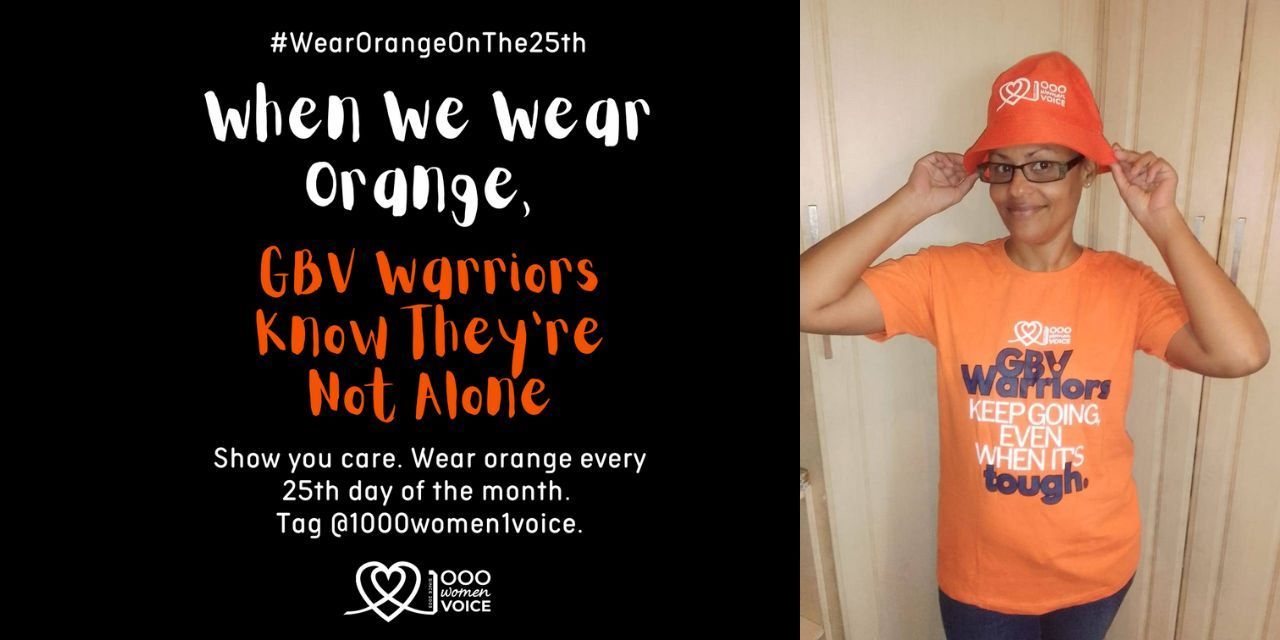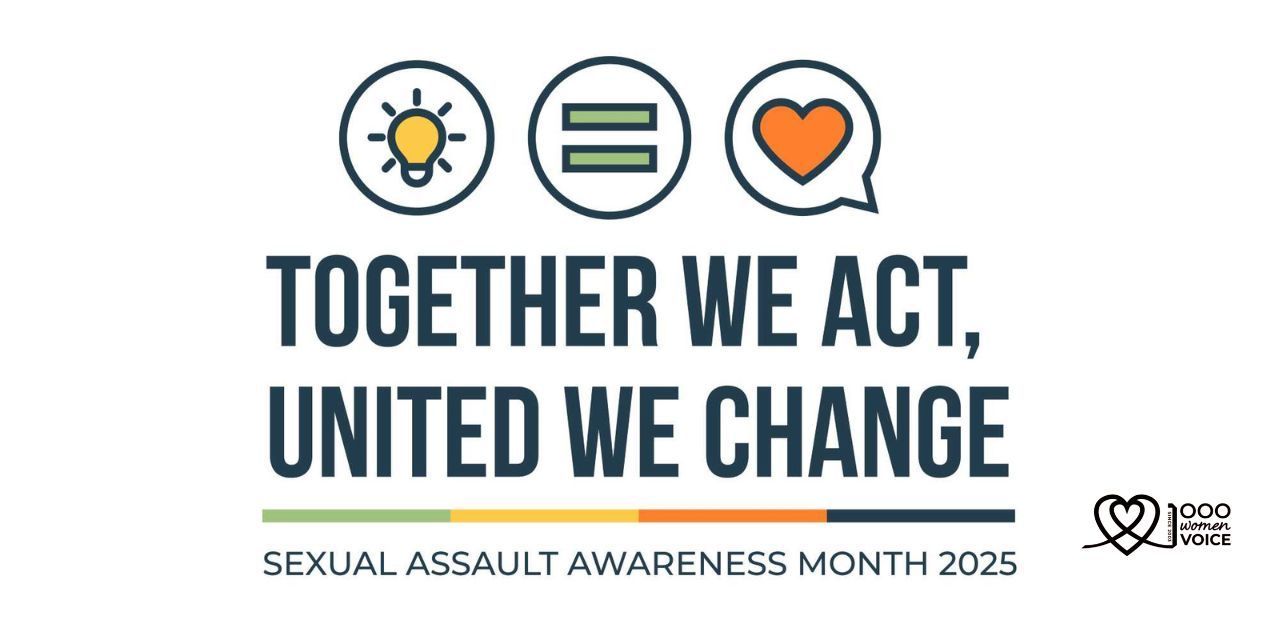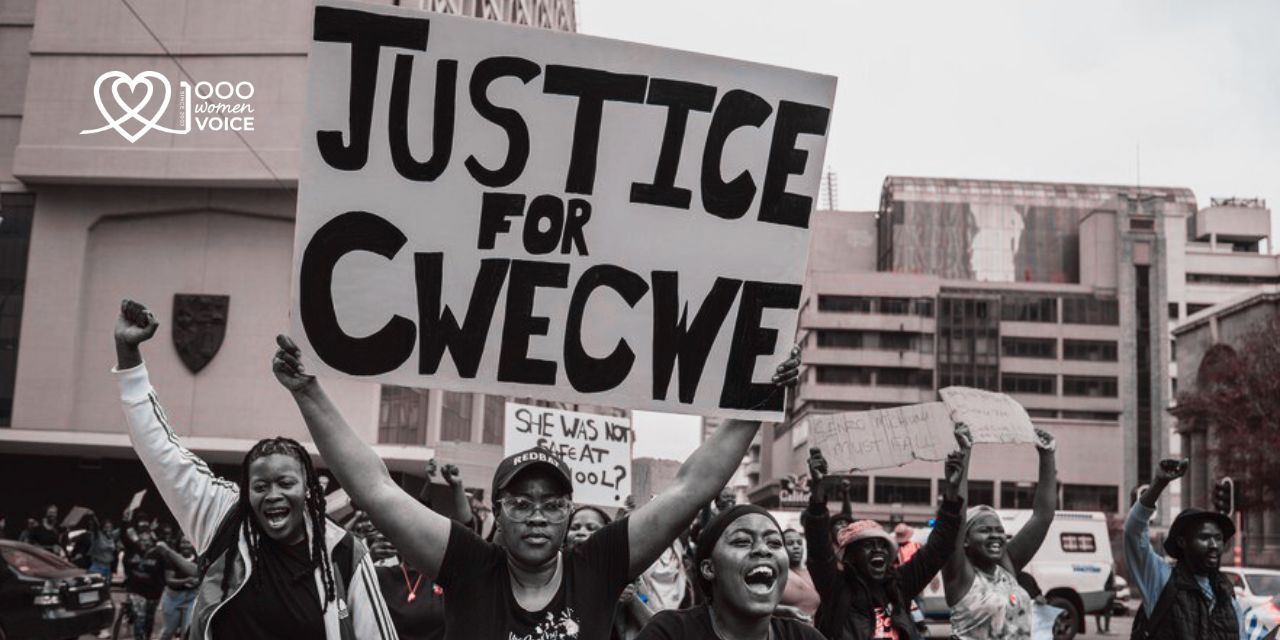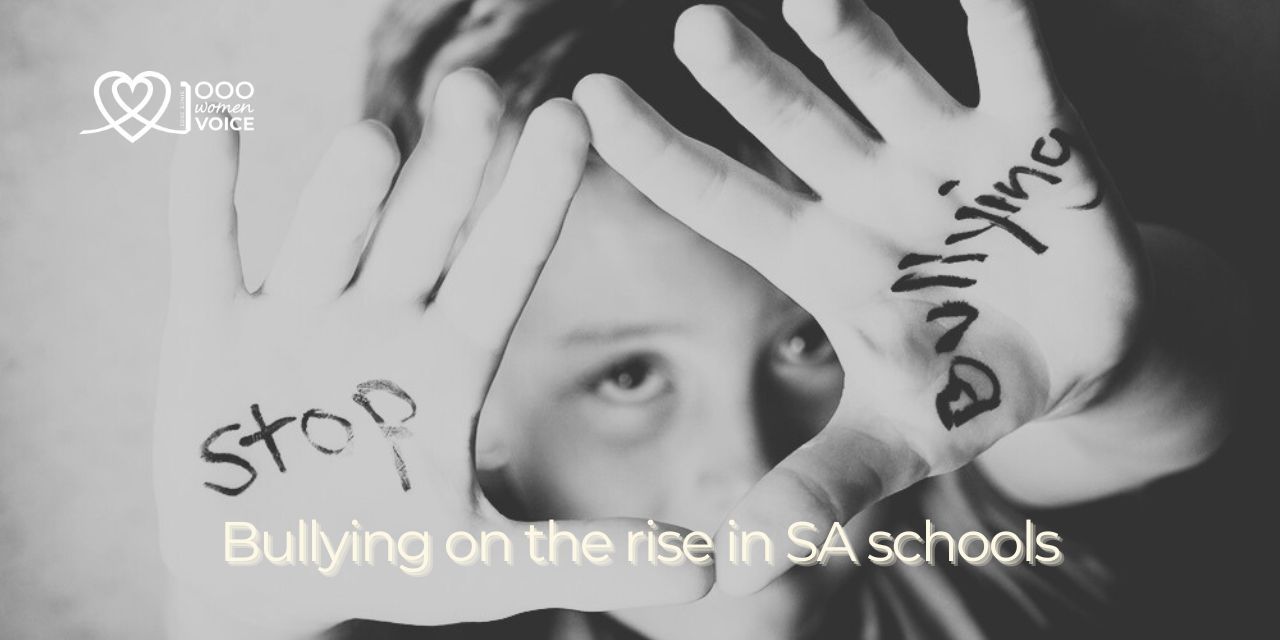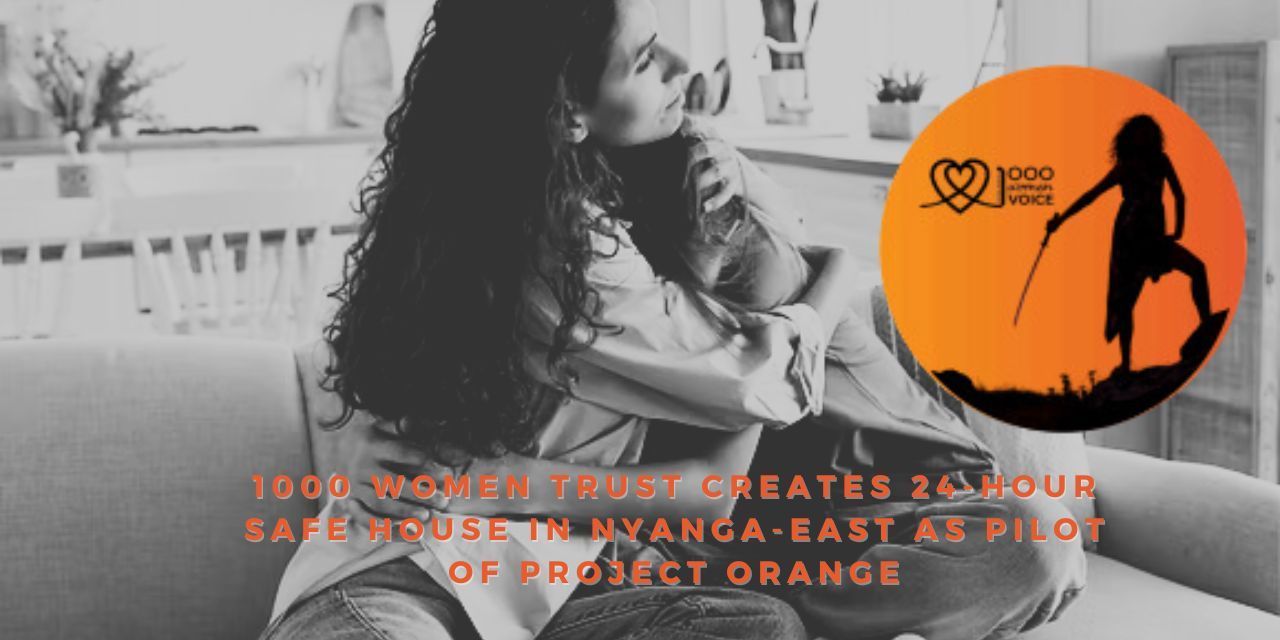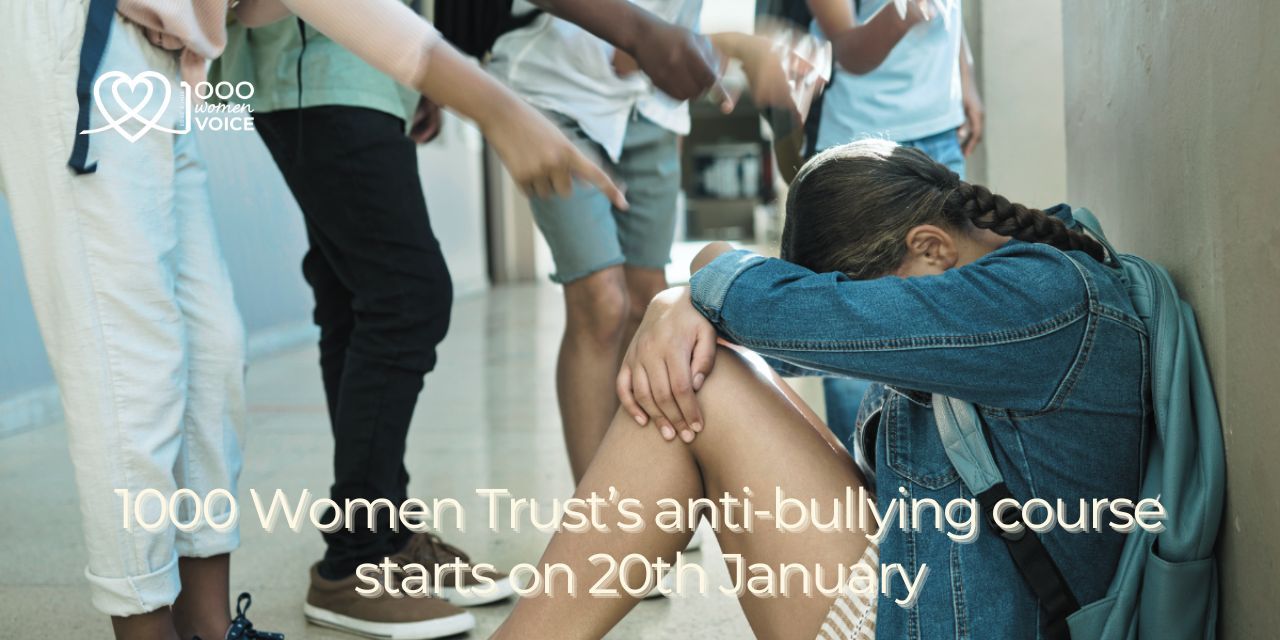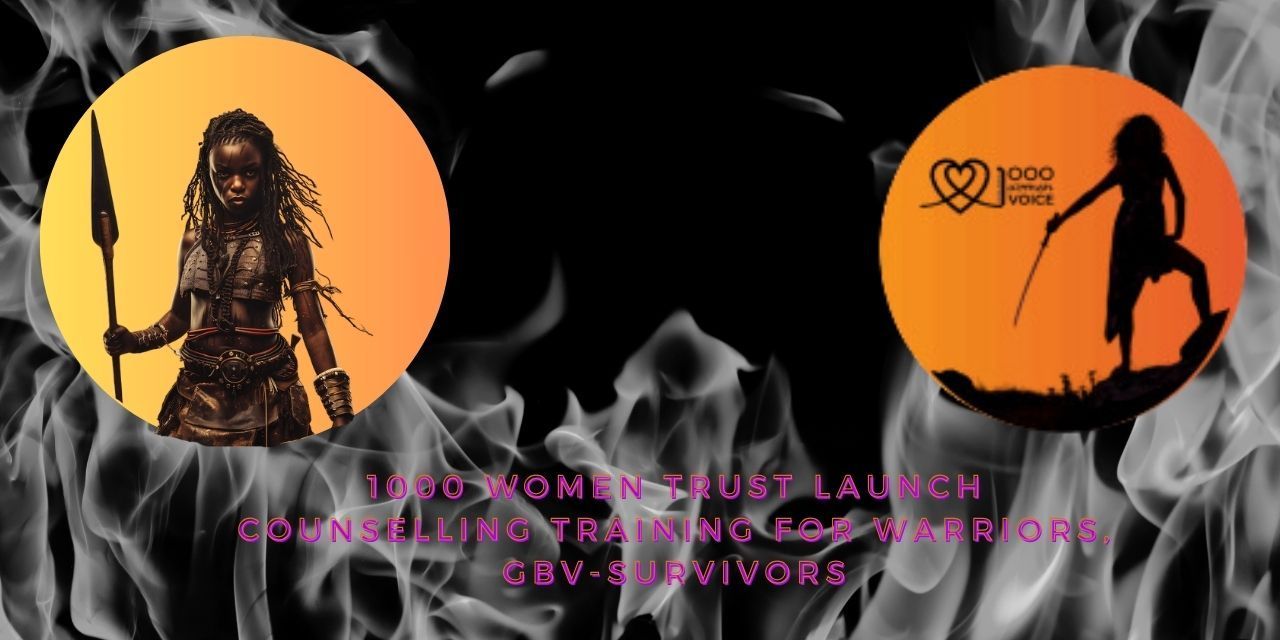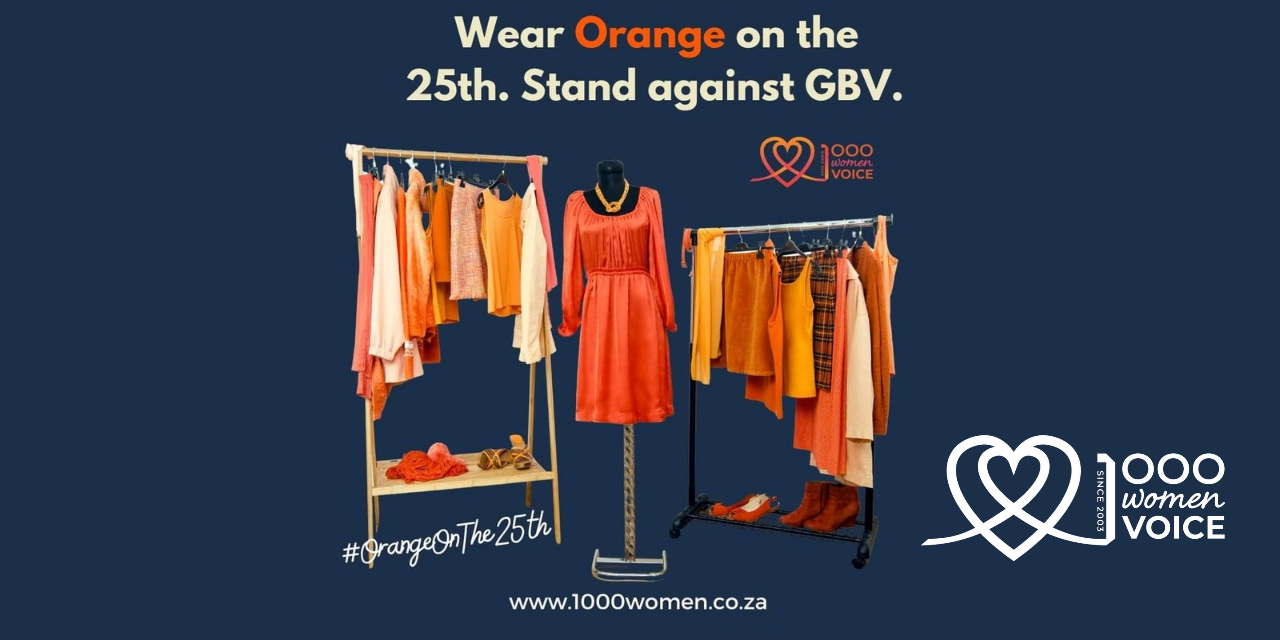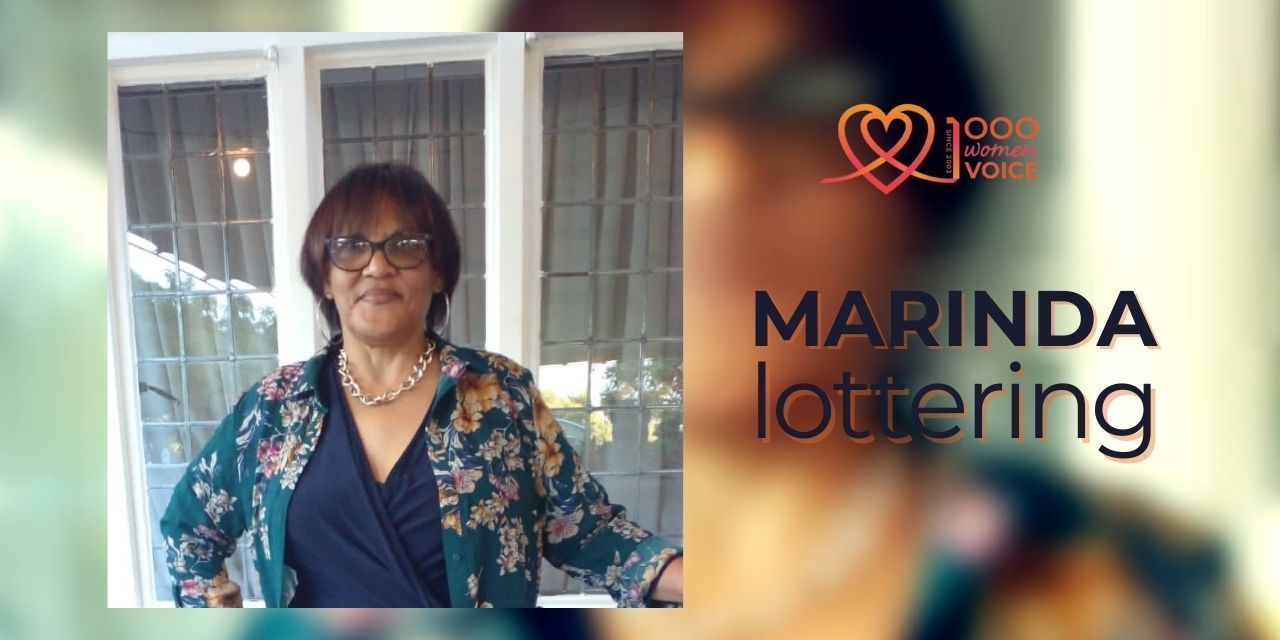HSRC’s findings of scale of GBV conservative due to women not reporting the crime’
HSRC’s findings of scale of GBV conservative due to women not reporting the crime’
Considerably more women experienced physical and sexual violence in South Africa than the 7,84 million that was revealed by the Human Science Research Council (HSRC) in its findings on the first South African National Gender-Based Violence study of 2022. That is because 60 % of SA women do not report gender-based violence for fear of secondary victimization, says Tina Thiart, co-founder of the women-led organization 1000 Women Trust.
33.1% of all women aged 18 years and older are vulnerable to physical violence in their lifetime, according to the HSRC-findings of the first SA national gender-based violence study of 2022 presented to minister Sindisiwe Chikunga on Monday 18th November 2024.
Among all women, 9.8% (an estimated 2 150 342 women) have experienced sexual violence in their lifetime.
The combined physical and sexual violence prevalence in the country is 35.5%, which translates to 7.84 million women.
Thiart said that figure could be considerably higher. Many SA women simply do not report physical of sexual gender-based violence for fear of reprisal by their boyfriends or husbands, or because of the secondary victimization that these women face at police stations.
“In 2020, 2021 and 2022, 1000 Women Trust, and the WE DARE-team (acronym for Women’s Equality; Digital Access and the Right to Expression), led by Prof Mollie Painter of the Nottingham School of Business, did research on multiple gender-based violence-related matters, including the patters of reporting by SA women. We established that 60 % of all women affected by gender-based violence, do not report the crime,” said Thiart.
“Recently, a police-officer at the Delft Police station’s community service centre, for example, turned away a rape victim and demanded that the survivor brings a witness before a case can be opened, Thiart said.
Dr Genine Josias, medical coordinator at the Thuthuzela Clinical Forensic Centre at the Karl Bremer Hospital, said on Facebook that a person reported the rape at the police station in Delft, a GBV-hotspot in the Western Cape.
The police officer questioned why the victim waited so long to open a case and then told the survivor to bring a witness before the case can be opened.
Apparently, the witness walked in on the crime but was not available to accompany the survivor to the police station, so the victim and the witness returned to Delft police station the following morning, Dr Josias said.
She said these wrong actions by the police is not an isolated incident but happens repeatedly and affects rape-survivors as some of the traumatized victims might decide not to return the next day.
“The police must open the case immediately and should not be asking rape survivors for witnesses. They also should not question why they waited 48 hours as many victims suffer severe trauma and don’t report it immediately.” said Dr Josias.
“Often women who are unaccompanied, suffer at police stations and in many instances no case is opened by the police, Thiart said.
That prompted1000 Women Trust to launch the GBV-Warriors-campaign to provide critical support to women and children severely impacted by gender-based violence, particularly within the crucial first 24 hours after an attack to ensure that there are safe spaces for women immediately after an attack.
The GBV-Warriors, who have an astute knowledge of the rights of the victims, accompany these victims to the police stations, where, historically, GBV-victims have suffered secondary victimization, said Thiart.
Dr Nadia Bernon, a GBV-Warrior of 1000 Women Trust and gender activist in KwaZulu-Natal, says secondary victimization at police stations are real. “That is why victims don’t even report cases because they have lost hope in the law and the way they are treated and that is why victims are now making civil society organizations that focuses on GBV their first responders.
“The problem is that police stations don’t have a gender-based violence desk and few police officers and police vehicles strictly for GBV-related matters or incidents and they don’t make GBV-cases a priority. They give it less attention,” Bernon said.
“Unless there is structural reform of the SA Police Service, the police will not act as an effective deterrent to perpetrators of gender-based violence,” said Thiart.
The 1000 Women Trust is a South African organization that works to end gender-based violence (GBV) and femicide.
For more information, contact 1000 Women Trust on info@1000women.co.za or phone the Trust on 061-4690479.
